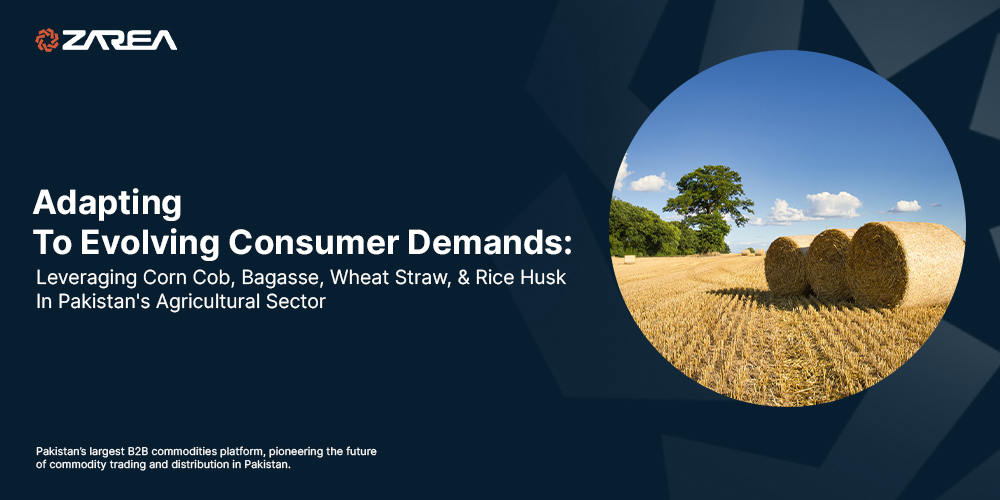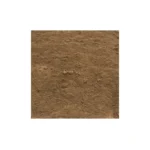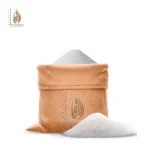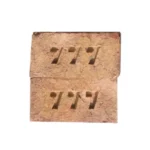Pakistan’s agricultural landscape is witnessing a significant shift in consumer preferences, marked by a growing emphasis on sustainability and eco-friendly practices. This transformation is prompting the agricultural sector to explore innovative ways to meet these changing demands, and the use of agricultural by-products like corn cob, bagasse, wheat straw, and rice husk is emerging as a sustainable solution.
Understanding the Shift in Consumer Preferences
Consumers in Pakistan are increasingly conscious of the environmental impact of their choices. They seek products that align with sustainability goals, driving demand for eco-friendly alternatives across various industries, including agriculture.
1. Eco-Conscious Choices: Consumers are gravitating towards products that minimize environmental impact. This shift has created a demand for sustainable alternatives in packaging, fuel, and various industrial processes.
2. Waste Reduction: There is a heightened awareness about reducing waste and finding innovative ways to utilize agricultural by-products that were previously considered as waste material.
Leveraging Agricultural By-Products: Corn Cob, Bagasse, Wheat Straw, and Rice Husk
1. Corn Cob:
The humble corn cob, often overlooked after harvesting, possesses untapped potential. Its biodegradable nature makes it an excellent raw material for various purposes. From biofuel production to animal bedding, corn cob serves as a renewable resource that reduces waste and offers a sustainable alternative.
2. Bagasse:
Bagasse, a by-product of sugarcane processing, is finding versatile applications. It serves as a valuable material for manufacturing biodegradable packaging, compostable tableware, and even bio-based fuels. Its utilization not only reduces waste but also contributes to a circular economy.
3. Wheat Straw:
Wheat straw, often left in the fields after harvesting, is increasingly being used for manufacturing biodegradable packaging materials, eco-friendly paper products, and even as a source for biofuels. This utilization not only reduces waste but also provides additional income streams for farmers.
4. Rice Husk:
Rice husk, an abundant by-product of rice milling, has multifaceted uses. It is employed in generating renewable energy, producing compost, and as a raw material in various industries such as construction, agriculture, and even the textile industry.
Embracing Innovation and Sustainability
The integration of these agricultural by-products into various industries showcases Pakistan’s commitment to sustainability and innovation. Agricultural waste, once considered a burden, is now being transformed into valuable resources, contributing to both environmental conservation and economic growth.
Zarea.pk’s Role in Promoting Sustainable Practices
At Zarea.pk, we recognize the importance of sustainable agricultural practices. Our platform is dedicated to supporting farmers and businesses involved in the agricultural sector by promoting sustainable solutions. By fostering awareness and facilitating connections, Zarea.pk aims to encourage the utilization of agricultural by-products like corn cob, bagasse, wheat straw, and rice husk in innovative and eco-friendly ways.
Conclusion: Towards a Sustainable Future
The adaptation to changing consumer demands in Pakistan’s agricultural sector is an ongoing journey. By harnessing the potential of agricultural by-products like corn cob, bagasse, wheat straw, and rice husk, the sector is not only meeting consumer preferences but also contributing significantly to environmental sustainability and resource efficiency.
Through collaborative efforts and a commitment to innovation, Pakistan’s agricultural industry can continue to thrive while championing sustainable practices that benefit both the economy and the environment.
At Zarea.pk, we stand committed to supporting and promoting sustainable practices within Pakistan’s agricultural sector for a greener and more prosperous future


































